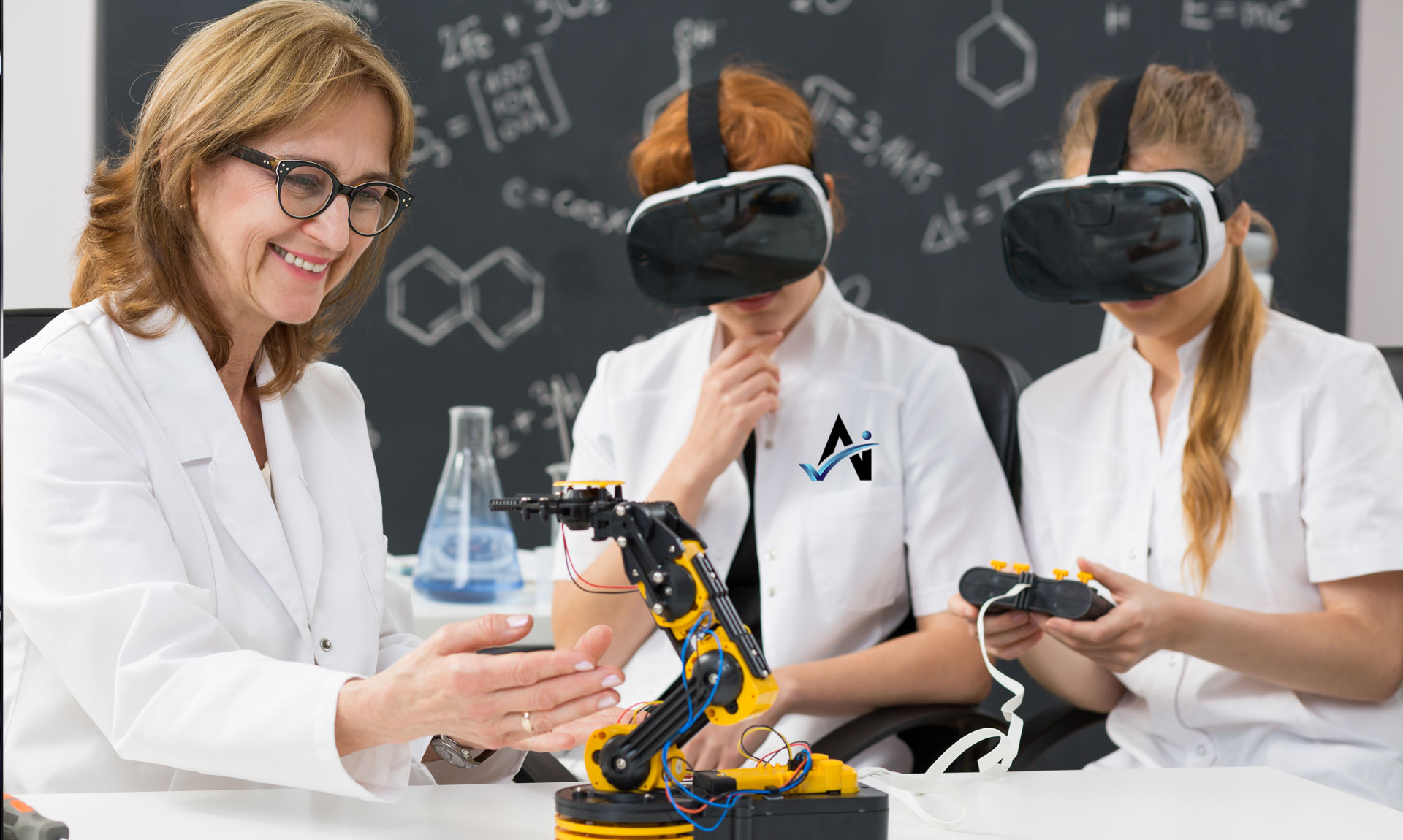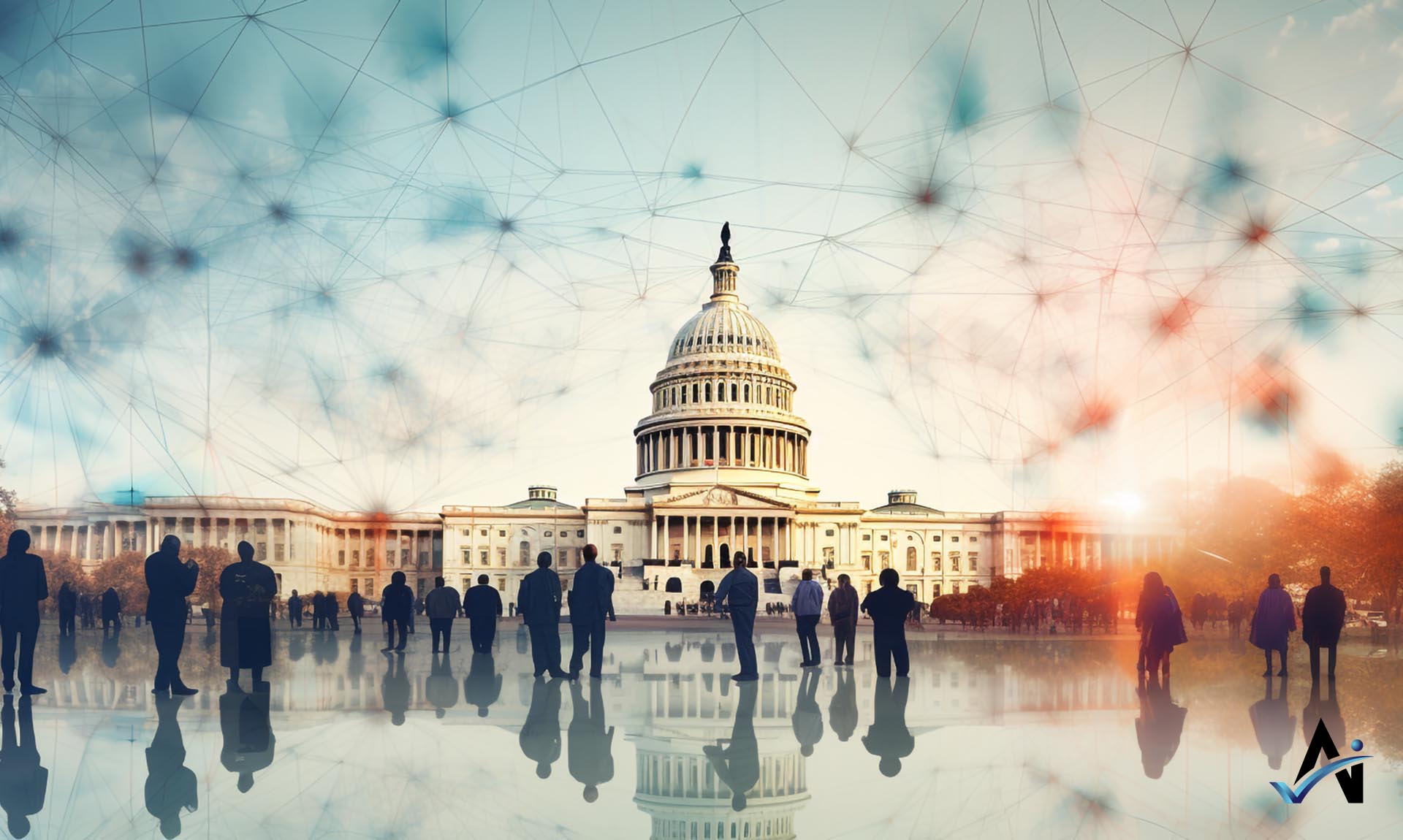What the Next 30 years for Education with AI Looks Like
The future of education is poised to undergo radical transformations over the next 30 years with the integration of Artificial Intelligence (AI) and potentially Artificial General Intelligence (AGI). Here are some key changes and possibilities:
Personalized Learning: AI-driven adaptive learning systems will create personalized educational pathways for students. These systems will continuously assess individual strengths and weaknesses, adjusting the curriculum in real-time to cater to each student’s needs and learning style. This will lead to improved learning outcomes and reduced dropout rates.
Virtual and Augmented Reality (VR/AR): VR and AR technologies will revolutionize the classroom experience. Students will have the opportunity to immerse themselves in historical events, explore distant planets, or conduct virtual science experiments. These technologies will make learning more engaging and interactive.
AI Tutors and Assistants: AI-powered virtual tutors and assistants will provide on-demand help to students. These intelligent systems will answer questions, explain complex concepts, and offer guidance, effectively extending the reach of educators and making learning accessible 24/7.
Global and Remote Learning: AI-driven language translation and remote learning platforms will enable students to access education from anywhere in the world. Collaboration with students and experts from diverse backgrounds will become the norm, fostering global perspectives and cultural exchange.
Automation of Administrative Tasks: AI will automate administrative tasks such as grading, attendance tracking, and scheduling, allowing educators to focus more on teaching and mentoring. This will reduce the administrative burden and improve overall efficiency.
Lifelong Learning and Reskilling: AI will play a pivotal role in upskilling and reskilling the workforce as automation changes the job landscape. Lifelong learning platforms will use AI to assess skill gaps and recommend courses to keep individuals competitive in the job market.
Data-Driven Decision-Making: Educational institutions will rely heavily on AI analytics to make data-driven decisions. This includes predicting student performance, optimizing course offerings, and identifying areas for improvement in curriculum design.
Ethical Considerations: With the increasing use of AI in education, ethical considerations related to data privacy, algorithmic bias, and the role of AI in shaping educational content will be of utmost importance. Striking the right balance between technology and ethics will be a major challenge.
Teacher-Student Relationships: While AI will provide invaluable support, the role of human educators will remain essential. Teachers will focus on mentorship, emotional support, and fostering critical thinking skills, forming deeper connections with students.
Potential AGI Impact: If AGI becomes a reality within the next 30 years, it could revolutionize education further. AGI might be capable of teaching a wide range of subjects and adapting to individual learning needs in ways that surpass current AI capabilities.
In summary, the future of education with AI and potentially AGI holds the promise of more personalized, accessible, and engaging learning experiences. While challenges related to ethics, privacy, and the evolving role of educators will need to be addressed, the potential benefits in terms of improved learning outcomes and lifelong skill development are immense. Education is on the cusp of a transformative journey driven by intelligent technologies, and the next 30 years are likely to be both exciting and challenging for the field of education.
latest video
Get Our Newsletter
Never miss an insight!






